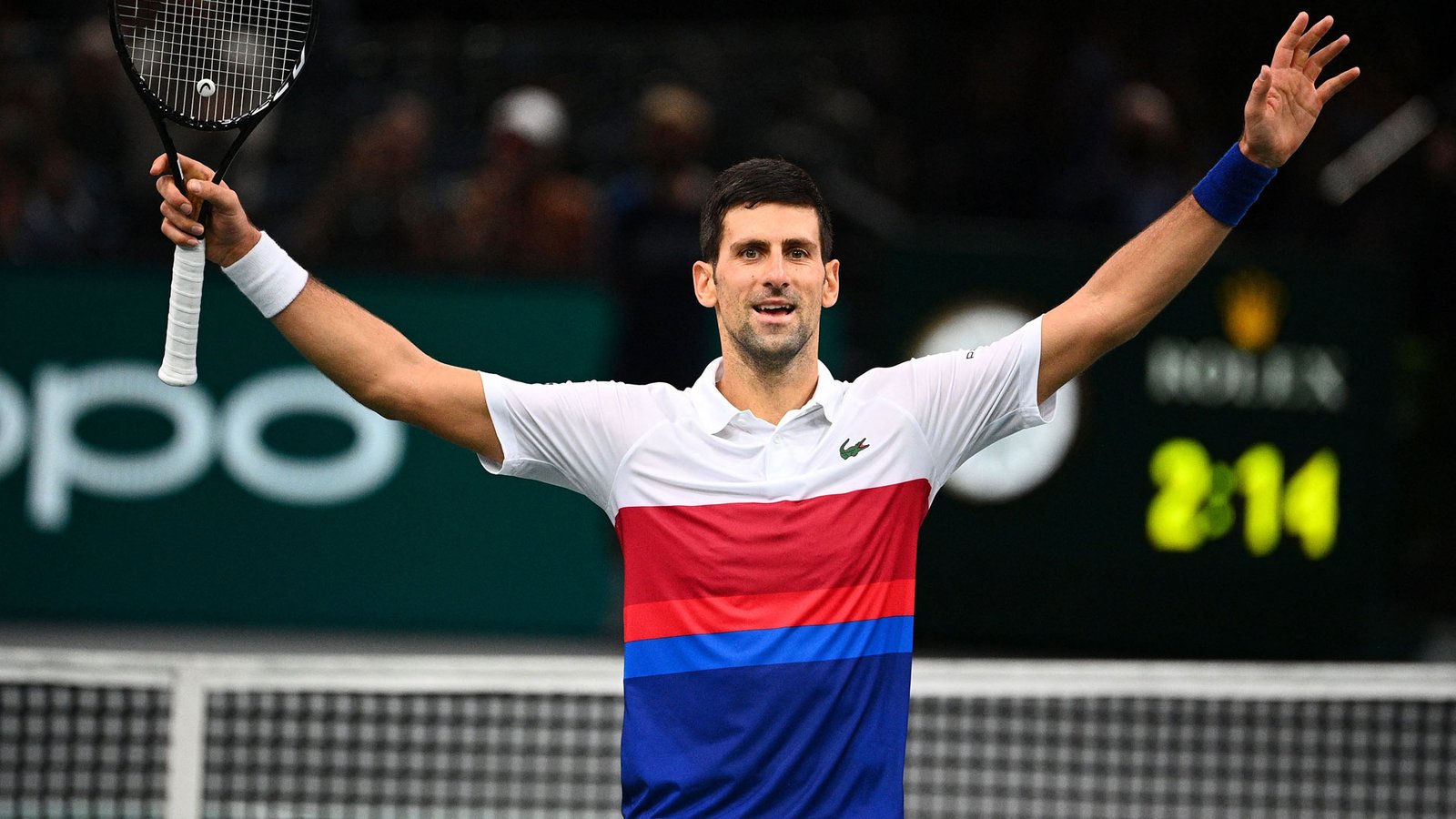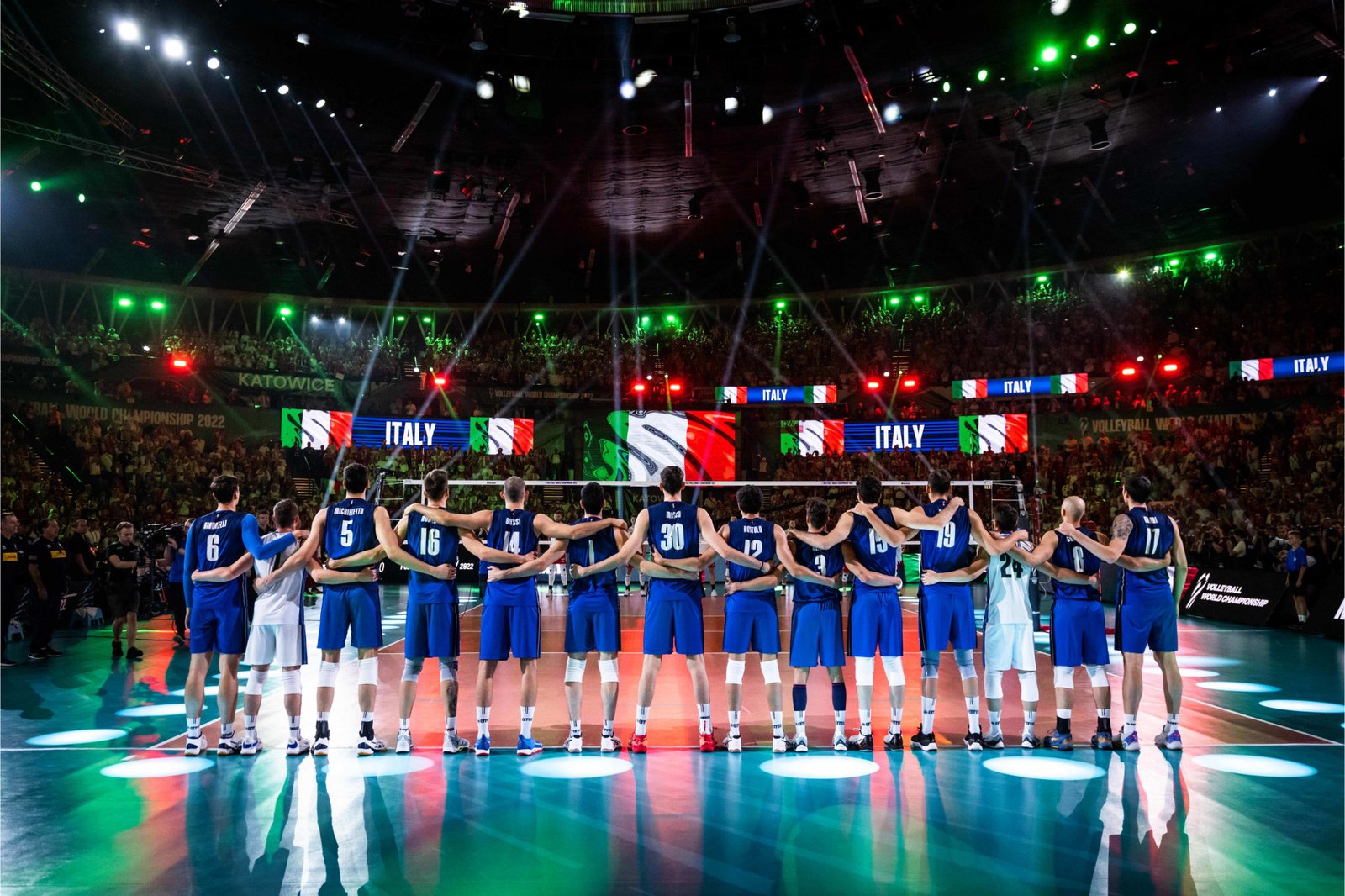Jason Dupasquier (SUI), aged 19, passed away after a horrible accident during the Moto3 qualifying session in Mugello. The show went on.
Motorsports are inherently dangerous. Every time that a tragedy occurs the questions always arise as to how things can be done better to prevent future tragedies. Examples include the implementation of the halo in car racing after flying tires killed Justin Wilson (ENG) and Henry Surtees (ENG).
Motorcycling has also had safety improvements, especially regarding track safety. For example, this week’s race will be held at the Circuit de Catalunya, which was modified after the last fatal accident in Motorcycling Grand Prix Racing. That time Sergio Salom (ESP) crashed in the high-speed final corner. Now Moto GP uses the F1 configuration.
But totally preventing a future accident like Dupasquier’s is sadly not possible. An inherent risk of motorcycling is to fall and being hit by bikes running right behind you. At best riders can use protective gear but the cannot wear a metallic vest since losing mobility would perhaps be more dangerous. And it is just impossible.
Should the weekend action have been halted after the race? A total of 104 riders have died in Motorcycling Grand Prix racing since its establishment in 1949. If action had been halted every time a tragedy happened it would have been a very common occurrence back in the day so it was accepted riders would have to be resilient and go on.
The number of tragedies has been reduced so dramatically -there were six fatalities just in the 1970 Isle of Man TT, for example- that it is more impactful when it happens now. Danilo Petrucci (ITA) and Francesco Bagnaia (ITA) were critical (Autosport) of running on Sunday, the same day when Jason died and one day after the accident, even referring to “feeling dirty” about racing.
Valentino Rossi (ITA) and Franco Morbidelli (ITA) had a tough psychological day as well but they noted that things would not change if they had not raced, anyway (Motorsport).
Others have noted that there was no driver briefing to take a decision (GPOne). That would have been appropriate. Likely they would have decided to go on.
Riders know the risks of their sport and perhaps there is no better tribute for a rider than to run for them. But as any other human activity it would have been good to at least have riders talk about it, vent themselves and indeed move on.
They will move on and keep on racing but the grief process for the riders is also important. A few minutes or the agency to be themselves that decide what happens could dramatically change their painful experience.
Indeed, let’s keep Jason and the other riders that have given their live for the sport in our memory. Ride in Peace, Jason.





